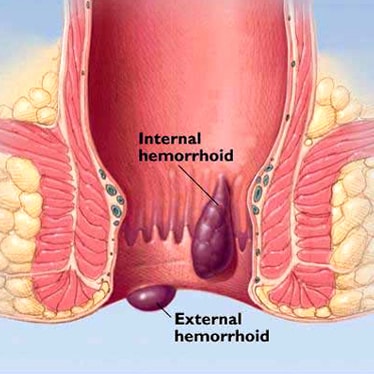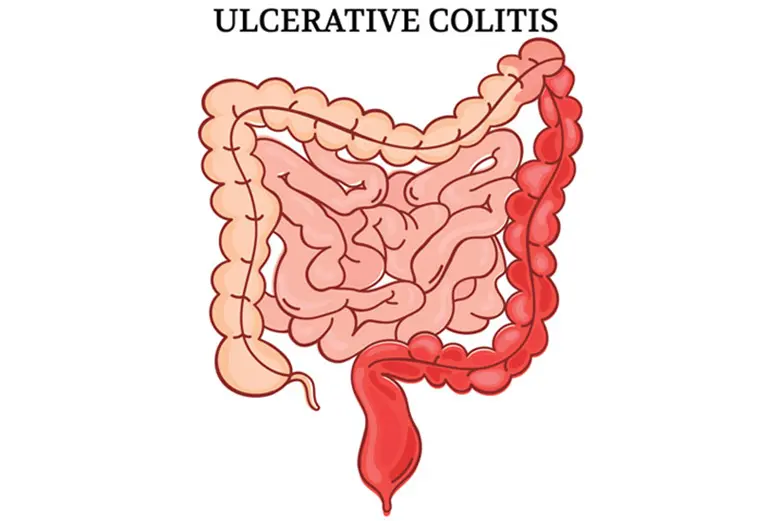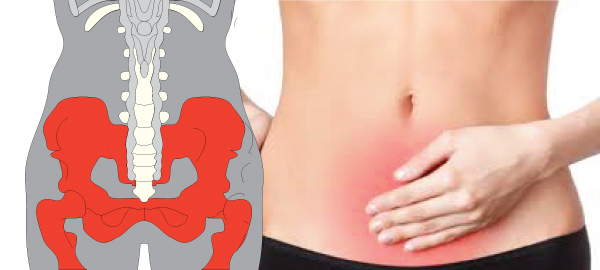Common symptoms of pelvic floor diseases can vary depending on the specific condition and its severity. However, there are several common symptoms that individuals with pelvic floor disorders may experience. It’s important to note that some symptoms may overlap among different conditions. Common symptoms of pelvic floor diseases include:
Pelvic Pain: Chronic or recurrent pelvic pain or discomfort in the lower abdomen, pelvic area, or genitals is a frequent symptom of many pelvic floor disorders.
Pressure or Heaviness: A sensation of pressure or heaviness in the pelvis, often described as feeling like something is falling out or bulging in the vaginal or rectal area, is common in cases of pelvic organ prolapse.
Urinary Symptoms:
Urinary Incontinence: Involuntary leakage of urine during activities like coughing, sneezing, or laughing (stress incontinence) or sudden, strong urges to urinate (urge incontinence).
Frequent Urination: The need to urinate more often than usual, often accompanied by a sensation of urgency.
Incomplete Emptying: A feeling that the bladder does not empty completely after urination.
Bowel Symptoms:
Fecal Incontinence: Inability to control bowel movements, leading to the accidental passage of stool or gas.
Difficulty with Bowel Movements: Straining during bowel movements, feeling the need to push or use your fingers to facilitate evacuation, or a sense of incomplete emptying.
Dyspareunia: Pain or discomfort during sexual intercourse, which can be related to muscle tension or spasms in the pelvic floor.
Pelvic Muscle Spasms: Involuntary contractions or spasms of the pelvic floor muscles, often causing pain or discomfort.
Pelvic Floor Muscle Weakness: Weakness in the pelvic floor muscles can lead to difficulty with bladder and bowel control, as well as sexual dysfunction.
Vulvar or Vaginal Pain: Chronic pain, burning, or discomfort in the vulvar or vaginal area, which may be provoked by sexual activity or pressure on the area.
Interstitial Cystitis/Bladder Pain Syndrome Symptoms:
- Pelvic Pain: Persistent pain or discomfort in the bladder and pelvic area.
- Frequent Urination: Often with urgency.
- Painful Urination: Dysuria or pain during urination.
- Bladder Pain: Discomfort or pain in the bladder.
Chronic Pelvic Inflammatory Disease (PID): Infections in the pelvic area can cause symptoms such as pelvic pain, fever, abnormal vaginal discharge, and discomfort during intercourse.
Chronic Constipation: Chronic difficulty with bowel movements or a feeling of incomplete evacuation can be associated with certain pelvic floor disorders.
Sexual Dysfunction: Painful intercourse, reduced sexual desire, or difficulty achieving sexual satisfaction can result from pelvic floor disorders.
It’s important to remember that the severity and combination of symptoms can vary among individuals. If you experience any of these symptoms, especially if they are persistent or significantly impact your quality of life, it’s essential to seek evaluation and diagnosis from a healthcare provider, preferably one specializing in pelvic health or urology. Timely diagnosis and appropriate treatment can help manage these conditions effectively and improve your overall well-being.
If you or a loved one has been diagnosed disease, consult Dr. Chintamani Godbole one of the best Gastroenterologist in Mumbai.




